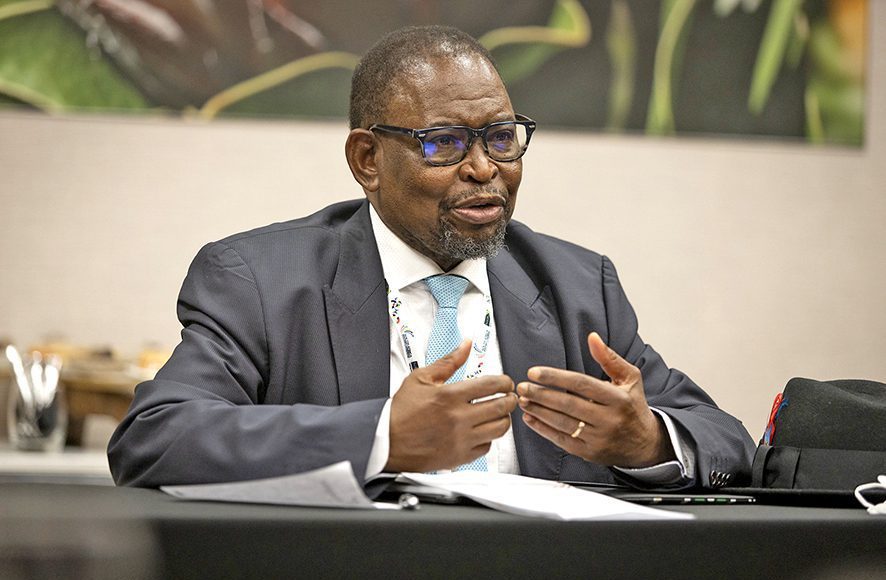Finance Minister Enoch Godongwana will in the next two weeks present the Medium-Term Budget Policy Statement as fears of a global recession loom large.
Significant developments have taken place since Godongwana tabled the 2022 budget in February. The move by Russia to invade Ukraine has sent global economic growth forecasts on a downward spiral.
At home, runaway inflation and loadshedding have added to the woes facing both businesses and households.
“The initial conditions that prevailed in the 2022 budget in February have shifted, challenging the trajectory of the fiscal outlook.
“However, despite the prevailing conditions, we expect the fiscal consolidation strategy to be sustained, providing fiscal certainty and sustainability,” FNB chief economist Mamello Matikinca-Ngwenya said.
She also warned that rising global interest rates, capital protection and a weaker exchange rate could push government debt-service costs higher, putting pressure on spending.
“Furthermore, the revenue base is challenged by subdued employment growth, with full-time employment still below the pre-pandemic level. In addition, persistent loadshedding challenges the economic growth prognosis and threatens the private sector.”
The South African Reserve Bank (Sarb) has raised the repo rate by a cumulative 200 basis points in the central bank’s last three meetings, bringing the nominal repo rate to 6.25%.
This as the Sarb tries to contain inflation, which has breached its 6% upper limit target.
However, there are some encouraging signs on the tax collection front. FNB said personal income tax, which constitutes more than 35% of gross tax, is up 8.4% year-to-date, an improvement from the 6.2% projected in 2022 budget review.
Company income tax is also performing better than National Treasury anticipated in February. Matikinca-Ngwenya said taxes from corporates improved due to export earnings.
“CIT revenue could perform better than initially projected. We pencil in a CIT revenue overrun of around R16.9-billion in 2022/23. However, we are concerned about moderating external demand and its implications on the prices of South Africa’s major export commodities.”
Ugras Ulku, the head of research at Institute of International Finance, said elevated levels of inflation, tighter monetary policy, and unreliable electricity provision will weigh on growth prospects over the medium term.
“However, positive investor sentiment could materialise if existing fiscal plans are implemented, and additional tax revenue is directed to fixing core structural issues like the electricity supply.
South Africa’s electricity supply problems began in 2008, with production, particularly by state-owned Eskom, on a declining trend that weighed on output growth.
For more business news from Sunday World, click here.
Follow @SundayWorldZA on Twitter and @sundayworldza on Instagram, or like our Facebook Page, Sunday World, by clicking here for the latest breaking news in South Africa. To Subscribe to Sunday World, click here.




